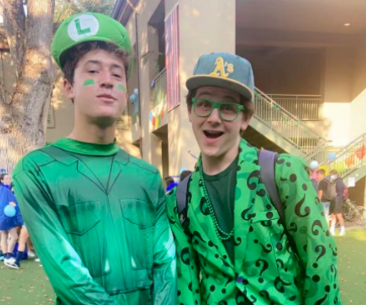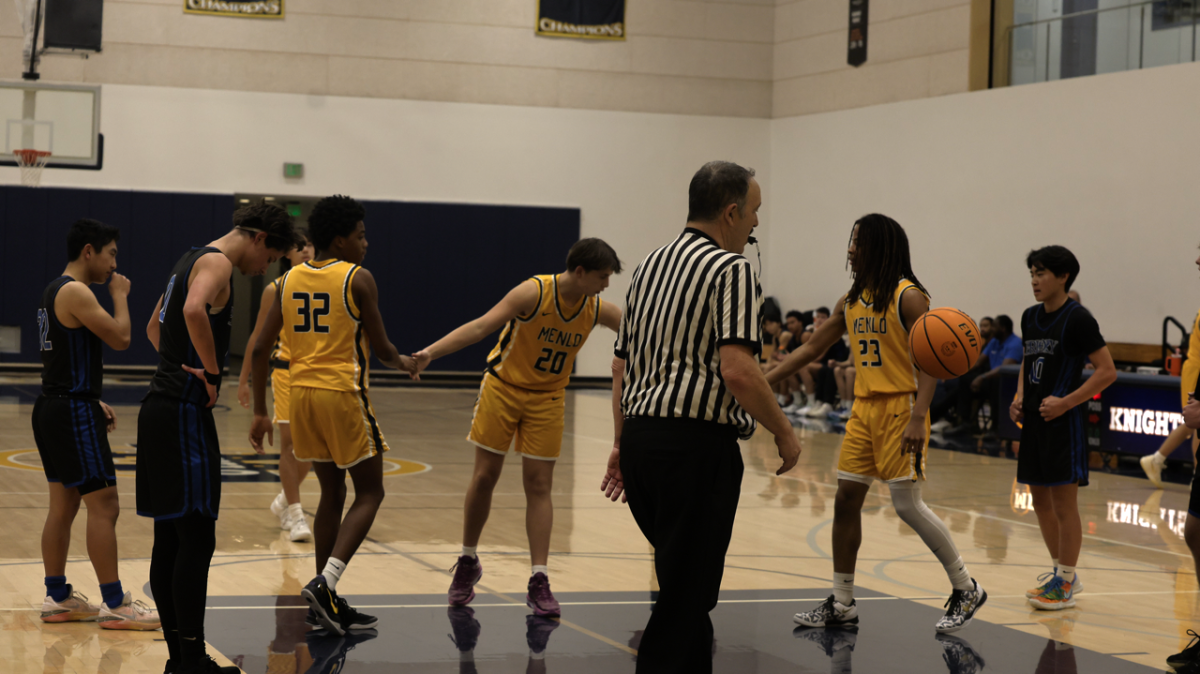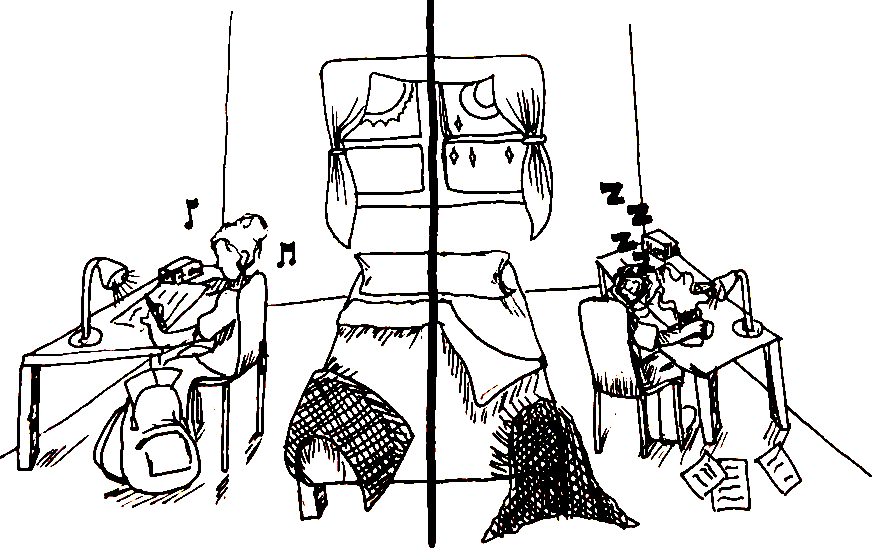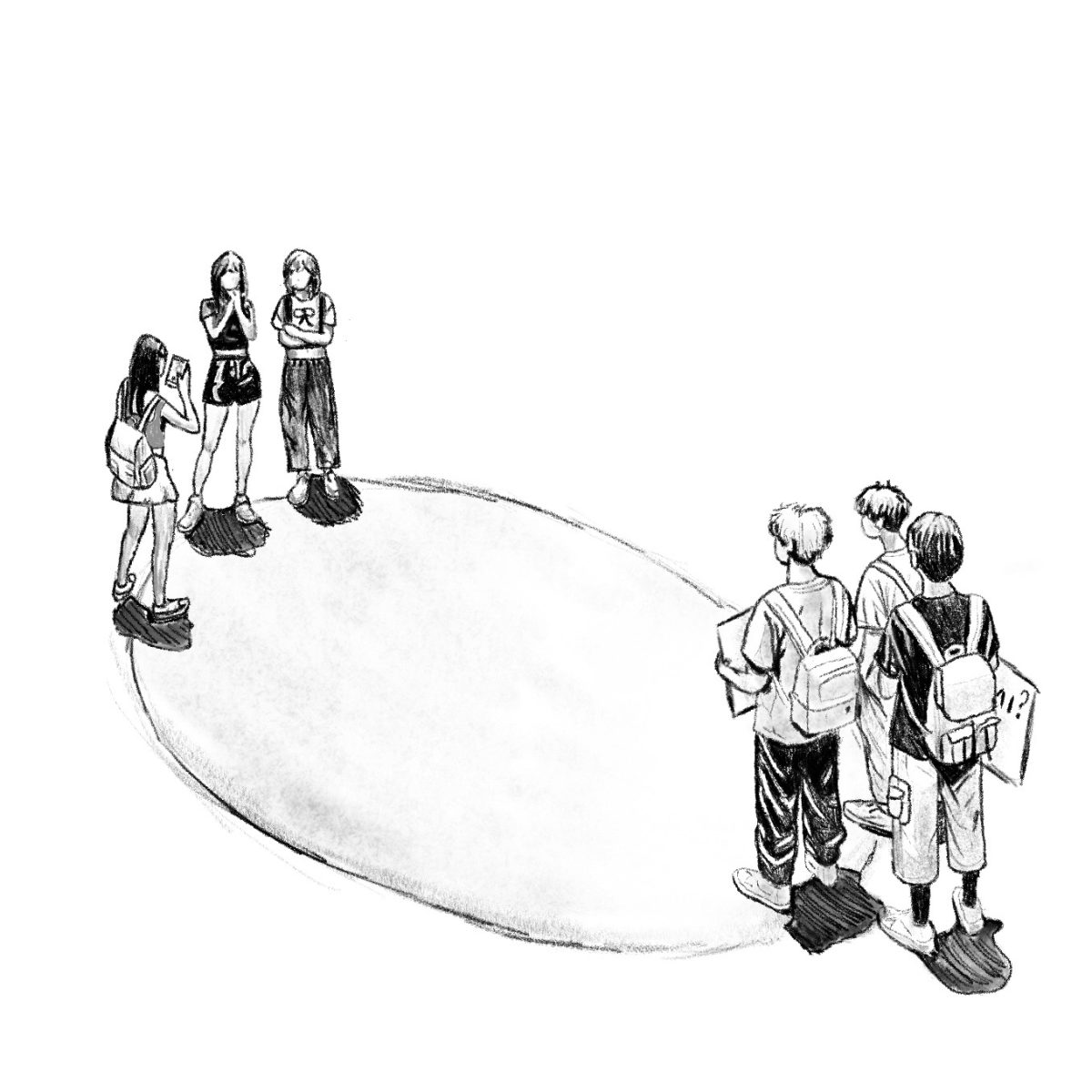
For centuries, children and adults alike have celebrated St. Patrick’s Day. But March 17 wasn’t always the flurry of leprechaun decorations and gold-plated chocolate coins that it is today; the holiday was originally created to commemorate Saint Patrick, the fifth-century missionary and bishop who brought Christianity to Ireland. In Ireland, Catholics traditionally mark St. Patrick’s Day through religious observances, such as attending Mass and participating in processions honoring the saint.
Starting in the 18th century, waves of Irish immigration brought the celebration to America. The first St. Patrick’s Day celebration in America was in 1737; by this time, the holiday was no longer a religious holiday, but rather a festival celebrating Irish-American culture. Over the past two centuries, American St. Patrick’s Day has evolved to include dressing up in green costumes and attending parades and parties, including family-friendly events. Now, the holiday is embraced by people of many ethnicities and faiths in America — 54% of Americans celebrated in some way in 2022.
Unfortunately, persistent stereotypes overshadow St. Patrick’s Day. Some dismiss it as nothing more than a frivolous green-themed children’s event, while others reduce it to a day dedicated to drunken revelry. As teenagers, we’re particularly stuck in between these two types of events — too young for bar crawls, but too old for leprechaun- themed activities. As a teenager myself, however, I attest that the holiday can be far more valuable for every person than these stereotypes suggest. I recommend welcoming the opportunity to genuinely celebrate Irish culture, Irish American history or learn more about Catholic traditions. Roman Catholicism is the biggest denomination of Catholicism, yet most people, including myself before writing this op-ed, don’t know much of its history.
I believe that St. Patrick’s Day is an authentically American festival: an example of how we can appreciate and share different cultural traditions and a time for people of all ages to celebrate heritage, history and identity. Despite its reputation as an exclusively over- 21 event, I’ve enjoyed several local St. Patrick’s Day events that are community- oriented and welcoming to all ages, such as Lucky’s Saint Patrick’s Day Crawl at San Jose, as well as Saint Patrick’s Day celebrations in San Francisco, both on the 16th of March. I encourage you to approach these festivities with an open mind. You never know, you could end up with a new favorite holiday!








